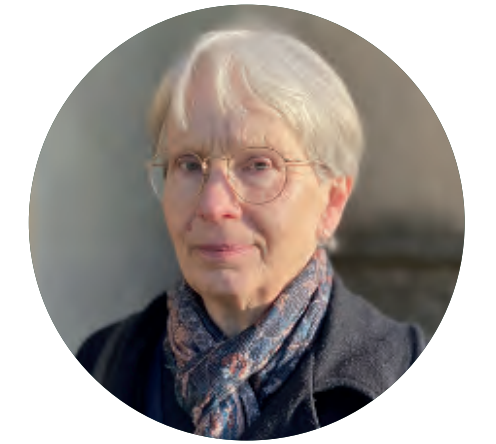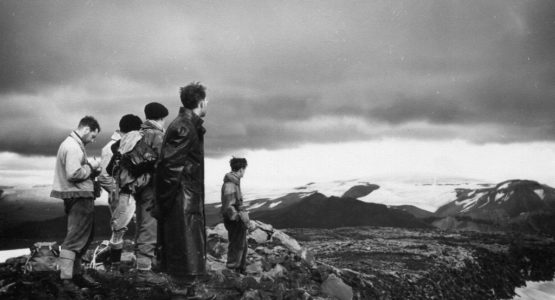Alongside a strong research focus, St John’s has an action-centric approach to tackling challenges, seeking new solutions and making changes that will benefit not just the College community but also the wider world. Emeritus Professor of Philosophy Jane Heal FBA (1964), who sits on the St John’s Climate Crisis Committee, describes the steps the College is taking to combat this global emergency.
As we all know, climate change presents increasingly serious problems. The recent report from the Intergovernmental Panel on Climate Change (IPCC) highlights the urgency of cutting back on the use of fossil fuels and other activities that threaten the stability of our natural environment. Individuals, organisations, businesses and governments all need to step up their level of engagement with these issues.
The aim is for St John’s to be at the forefront of sustainability initiatives among Cambridge colleges
In September 2019 the College considered its long-term strategy in the context of the College’s Estates Master Plan, and this provided a good opportunity for thinking about what the College should do to help solve the current climate crisis. It was agreed to replace the existing Environmental Committee by two bodies. The first is the Climate Crisis Committee, which addresses longer term goals and policies. The second is the Sustainability Forum, which deals with the practical implementation of policies and accepts suggestions for improving sustainability from all members of the College community.
Energy use is the largest contributor to the College’s carbon footprint, and this is likely to be
an early and continuing focus for the Climate Crisis Committee as it examines how the College can reduce its need for energy and whether it can get more energy from renewables. Other areas of College operation will also be on the agenda in due course, including waste and recycling, travel, food and procurement. The Committee includes representatives from all major College committees, and the strategy it comes up with, if
approved by the Council, will shape many areas of College activity.

The College has already done good work on environmental matters, particularly in adopting sustainable food initiatives, drastically reducing energy use in some refurbished properties and improving recycling rates.
The College’s intention in setting up the Climate Crisis Committee and the Sustainability Forum is to build on these achievements and to emulate
the University in setting serious and practical evidence-supported targets for the reduction of carbon emissions and other damaging practices.
The aim is for St John’s to be at the forefront of sustainability initiatives among Cambridge colleges. The task for the immediate future is to gather information in 2020 and establish baselines. This is not an exercise in kicking the ball down the road. Rather, it is the preliminary to agreeing measures that will produce real change in how the College sources and uses energy and in other aspects of College life.
It is too early to say what goals will be set for the longer term, since the Committee has only just been convened, but it is the College’s business to take the long view. We have been here for over five centuries and we plan to be here for as long again at least. We do not know yet what we need to do to make that possible, but we are asking the right questions.
Written by
Jane Heal is Emeritus Professor of Philosophy at St John’s. She studied for her first degree in Cambridge, reading History for two years and then Philosophy (or “Moral Sciences” as it was called in those days) for another two years. She also took her Ph.D. at Cambridge, working on problems on the philosophy of language. After two years post doctoral study in the US (at Princeton and Berkeley) she was appointed to a lectureship at the University of Newcastle upon Tyne. Having taught there for several years she moved back to Cambridge to be a Fellow of St John’s College.





